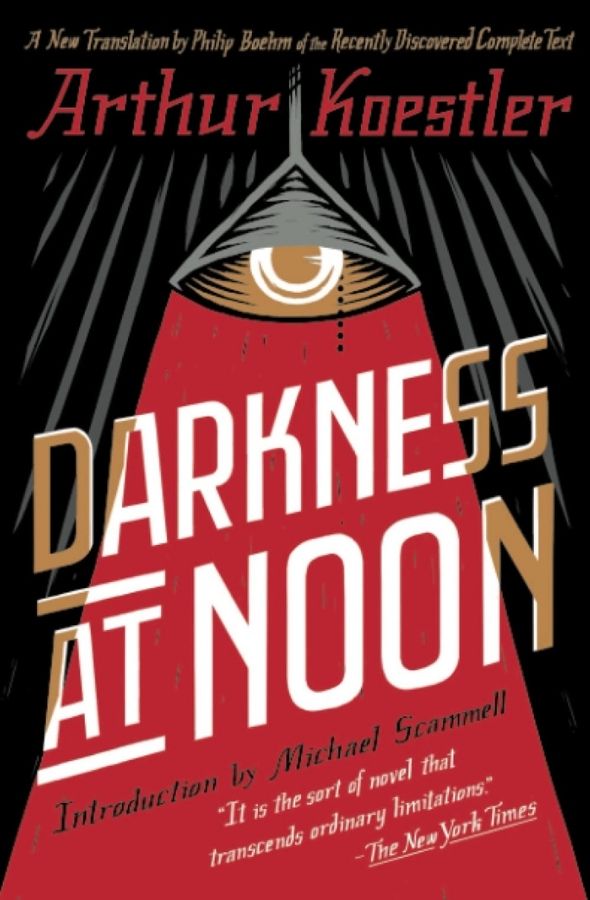Gritty, dark, and depressing; Darkness at Noon knows how to portray the harsh reality of Bolshevik Russia, and the isolation of imprisonment.
Intimately told from the perspective of imprisoned, ex-Bolshevik figure Nikolai Rubashov — Koestler is able to subvert readers’ expectations and form much of the plot in retrospect, rather than a linear progression of events.
In addition to learning about the past, namely Rubashov’s leadership and perceived treason of the State, readers are also following his days in prison. The quiet bond he shares with his neighbouring cellmates, the many disagreements he has with prison officials, and his isolation from the world that seemed as equally depressing as the stone walls he lives within.
A claustrophobic and interesting tale. Koestler’s language is fanciful and favours a lot of anecdotes and analogies — ones which can easily go over your head the first time. Despite the complications in translating the work, Rubashov’s wit and tenacity are clearly defined, granting the character a healthy amount of depth. Whilst his humour and determination contrast the overarching tone, making the book all the more depressing, they also add in necessary touches of humour and flecks of humanity that make Rubashov, as a character, all the more gripping.
Strangely compelling. I believe it to be a very understated novel and a work designed not to impress, but to evoke. A very strong recommendation from me, as long as you don’t mind taking some time to get used to the slightly idiosyncratic narration of Rubashov.

Leave a Reply